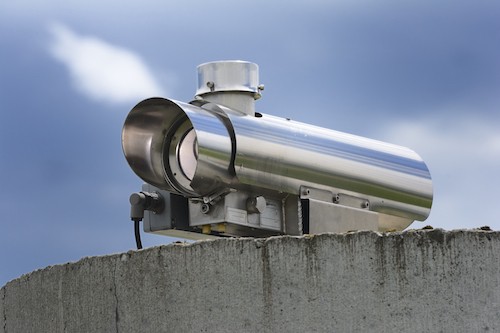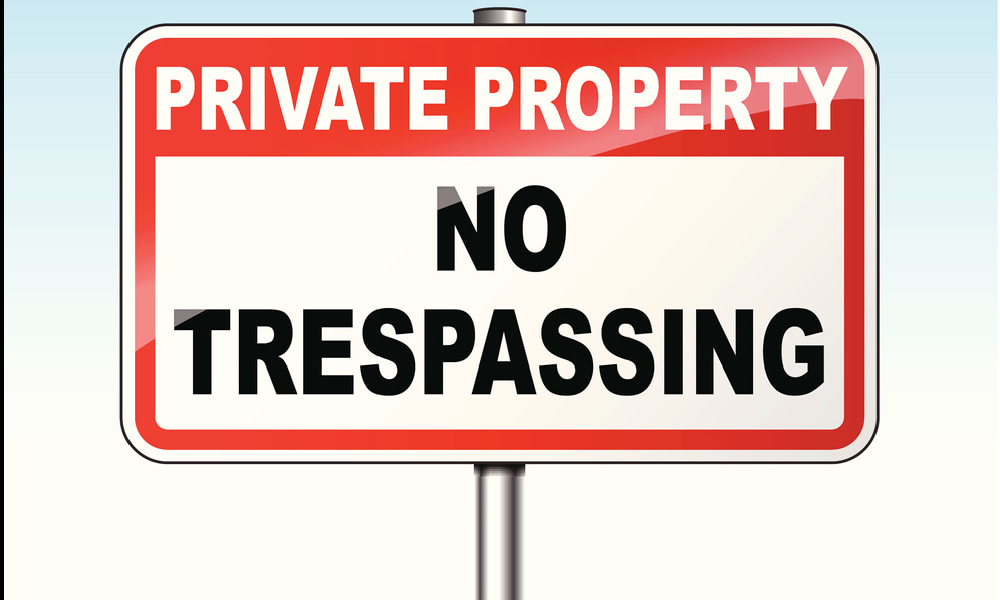If you have watched an episode on TV with police detectives trying to solve a crime, you know one of their big sources of information comes from those secret or not so secret surveillance cameras.
Whether it’s on a street corner or in the aisle of a store, those cameras see and record what happens in front of them. But what are the recording communications and surveillance laws?
Video surveillance is used in many places across the country as part of security systems. Some places or individuals will use surveillance to gather information for an investigation.
But is all this surveillance legal? There is not a simple yes or no to this question. Surveillance laws by state vary. They also vary depending on a number of factors.
Read on to learn more about surveillance laws by state and those laws might impact you.
What is Surveillance?
Surveillance is the act of gathering information, behaviors, and actions with the use of equipment. Surveillance is done using some kind of either video or audio equipment.
In today’s tech-driven world authorities all around the world are using surveillance to monitor the actions of their citizens. Why is this happening?
Surveillance is being used to monitor the streets for crime. It is being used in stores to prevent shoplifting and crime. It might also be used in private scenarios between individuals who are having disputes over things like child custody.
Why Might Surveillance Raise Concerns?
While surveillance is often used in very public places for security, some raise questions about the legality. Video surveillance might be used to keep job sites secure or to protect public places against potential terrorism. But at what cost?
Groups like the ACLU raise questions about the invasion of privacy and legitimacy of such surveillance. Those who worry about surveillance worry about how it can be tampered with to make evidence look a certain way. They also question the effectiveness.
But those who support the use of surveillance equipment believe it can be a real deterrent to preventing crime. It can also benefit authorities who are investigating a crime.
Video Surveillance Vs. Audio Surveillance
There are two key types of surveillance available for those looking to gather information.
Video surveillance is done with cameras that are posted at certain locations. Their surveillance is gathered through video from the cameras.
The cameras can gather surveillance in a few ways. They can run continuously. The camera can be set to turn on at certain times like when there might not be a person there to witness something. It can also be motion sensored to turn on when there is movement working the same way as a motion detected light.
Audio surveillance is gathered, often without video. Audio surveillance is likely to happen without the person being taped knowing.
Surveillance Laws By State
The laws involving surveillance vary greatly from state to state. They also vary depending on the type of surveillance happening, video or audio.
Surveillance laws also vary depending on the location. Certain places you can assume you will have privacy and should safely assume it is illegal to have surveillance happening.
Laws also vary based on the notification. Surveillance might be allowed if it is overly posted that surveillance is in progress.
Recording Communications:Video Surveillance By State
Video surveillance laws vary greatly from state to state. Federal laws are lacking when it comes to video surveillance.
Most states allow for video surveillance when in public places, while at work or in other places where there are groups gathered and are considered public. In this situation, video surveillance using CCTV, or closed-circuit television is the general practice.
An important term in surveillance is a reasonable expectation of complete privacy. These are certain places like:
- Changing rooms
- Hotel rooms
- Bathrooms
- Bedrooms
- Any place where a person may get undressed
A person in these places can and should have a reasonable expectation to have privacy. In this case, video surveillance would be prohibited. States like New York, Rhode Island and California all have laws that protect a person’s right to privacy and prohibit video surveillance in such places.
In some states, like Delaware and Connecticut for example, the notification must be posted and provided if there is video surveillance in a public place.
Employers will often use video surveillance in the workplace. It helps with security and offers theft prevention incentives. Laws vary from state to state. In many cases, unions or worker’s groups will negotiate what is allowed and not allowed.
In most cases, the video surveillance done by employers is legal with a few caveats. Employees must be aware of the surveillance. It should also be happening in a public place and the employer should demonstrate the need for surveillance.
Audio Surveillance By State
Audio surveillance, like video, varies from state to state.
Most states have some kind of laws or restrictions or guidelines regarding audio surveillance. Some are much more restrictive than others. In 12 states the laws are more comprehensive and prohibitive. These states include:
- California
- Connecticut
- Delaware
- Florida
- Illinois
- Maryland
- Massachusetts
- Nevada
- New Hampshire
- Pennsylvania
- Vermont
- Washington
In most of these states, there are laws or restrictions that prevent audio surveillance of private communications via telephone, telegraph, radio, or other devices. Often prior consent is necessary by one or more of the parties being surveilled.
Understanding Recording Communications and Surveillance Laws By State
While surveillance laws by state vary, many allow surveillance of worksites and businesses. This type of surveillance is often effective in protecting both the site and the workers who are there.
If you are interested in surveillance for your business, we can help. We have the ability to offer surveillance services throughout the country. Contact us today to get more information about how we can help you get started.




